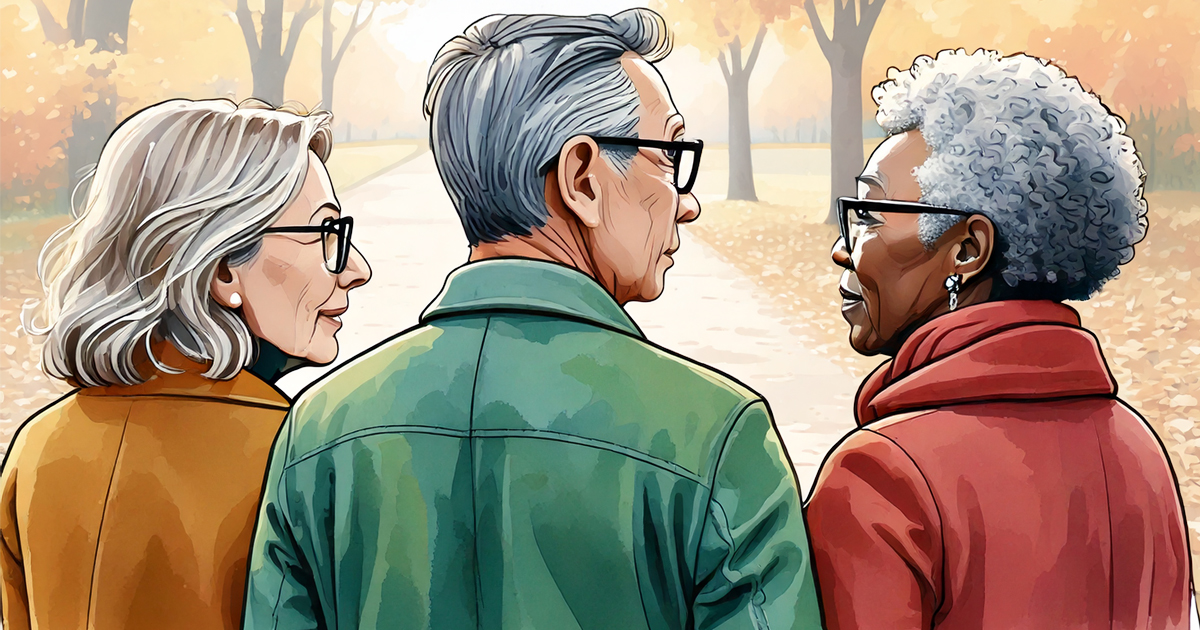Healthy Aging month is about staying active, connected, and purposeful. With vision loss, volunteering may feel daunting, but it can also become a source of healing, confidence, and community. Members of the Hadley community share how they’ve discovered new ways to contribute, stay connected, and find meaning again.
Reconnecting through nature and service
Vision loss from glaucoma didn’t stop Ron Peterson, a retired scientist and engineer, from finding his way back to what he loved most—nature—by volunteering as a docent at the Tijuana Estuary:
“. . . what it did for me was amazing. It gave me a sense of meaning. Connecting my love of nature with this business of volunteering and giving to others and it brought a lot of meaning to my life. And I'm frankly as happy now as I've ever been in my entire life, even without vision.”
Ron talks about this on the Insights & Sound Bites podcast episode “It gave me a sense of meaning.”
Accepting help, finding her way back to service
For Eugenia DeReu, losing her driver’s license was a difficult adjustment. Accustomed to being the one who helped others, she wrestled with learning to rely on friends and family. Then she realized something:
“And I realized that if I accepted this help, maybe it could bring me back to a volunteering place, to a place where I can help people… maybe I can go volunteer at a food pantry. I can volunteer anywhere. There’s something I can do. I know there is, and I can help other people.”
Eugenia shares on the Insights & Sound Bites podcast episode “I lost my license and found acceptance”.
Reimagining skills, inspiring others
Celia Petersen, a lifelong farmer and fiber artist, felt at a loss when her glaucoma reached the severe end stage. Then her grandchildren encouraged her to adapt her wool work. At her local farmer’s market, she encourages others touched by vision loss:
“They're seeing me there with my cane, spinning wool, and that brings them over, the spinning wheel, and then I could talk to them, and so many of them had a story in their own family. Maybe they had glaucoma or something, like me, and then I will talk to them and reassure them, ‘Your life's not over now. You just got to learn new ways to do things. And you'll be a little slower, so what?’”
She tells her story, “I found something to do”, on the Insights & Sound Bites podcast.
First steps
If you’re thinking to volunteer after vision loss, start where you are. Look to the communities, passions, and skills already in your life. Begin small—a single event or short project—and let it grow. Your time, energy, and voice matter.
Accessible volunteering platforms
These websites post flexible or remote opportunities: VolunteerMatch.org, Idealist.org, and Catchafire.org.
What are your current thoughts about volunteering after vision loss?

0 Comments